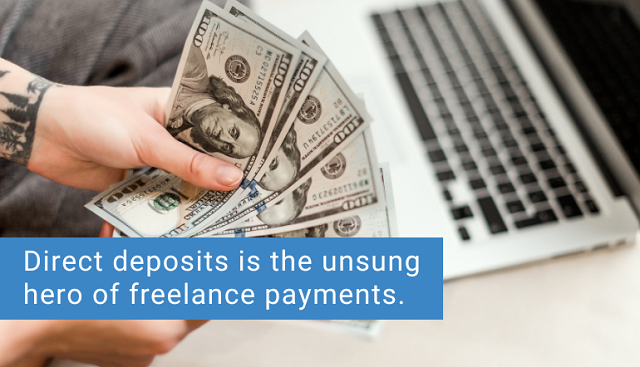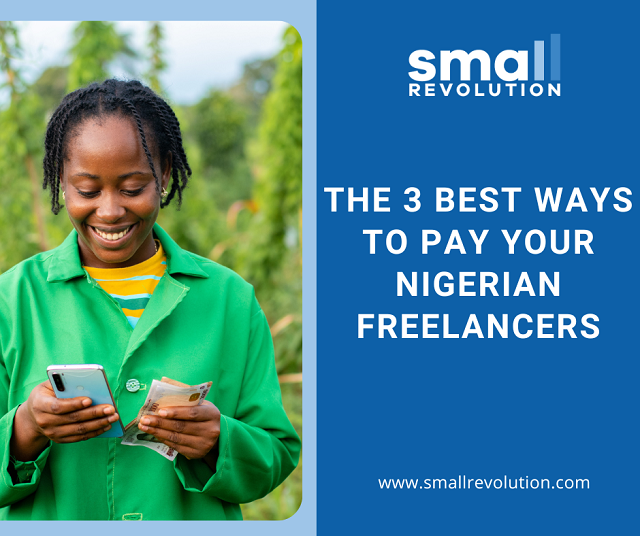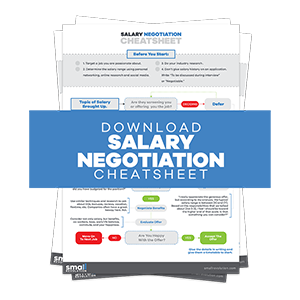Imagine you’re at a busy airport, trying to catch a flight to your next destination. You’re all set with your luggage and tickets, but just as you’re about to board, the gate attendant tells you your preferred airline doesn’t fly to your destination.
That’s how it feels for Nigerian freelancers when they can’t use popular payment platforms like PayPal and Wise to receive payment for their services.
As a result, these talented individuals miss numerous opportunities to build their careers and provide high-quality services to clients worldwide.
And it’s not just the freelancers who suffer. Clients miss out on tapping into Nigeria’s vast pool of talented professionals by being restricted to less-inclusive platforms.
The solution? Adopt other less-popular but equally convenient alternatives.
By doing this, you reap several benefits, including:
- Access to a broader pool of talented professionals, regardless of location
- Reduced limitations on the amount that can be received and transferred
- Better exchange rates and lower transaction fees
- An opportunity to make a positive impact by promoting financial inclusion
1: Cryptocurrencies

Cryptocurrencies are potentially the best and most stress-free way of paying freelancers. It’s disappointing that more clients don’t take advantage of modern technology to pay freelancers worldwide—not just in Nigeria.
Cryptocurrencies offer several benefits, including:
- Flexibility and speed: Cryptocurrencies are a digital form of currency operating outside the traditional banking system, offering clients more transactional flexibility.
Because they are decentralized, there is no need for intermediaries such as banks to verify transactions. This means that transactions are processed much more quickly, typically within 10–20 minutes for Bitcoin. That’s much better than international bank transfers, which take 1–5 working days to complete.
- Security: Transactions made through cryptocurrencies are secure and encrypted, reducing the risk of fraud or theft.
- Lower transaction fees: Cryptocurrency transactions often incur much lower fees than traditional payment methods, allowing clients to save money.
Bitcoin, for example, charges a transaction fee of less than $1.50 per transaction at the time of writing (the fee fluctuates). But Bank of America charges $30 for outbound domestic wire transfers and $45 for international wire transfers.
If we do the math, then Bitcoin is 20–30 times cheaper than a traditional wire transfer executed through Bank of America. There are other cryptocurrencies that charge even lower transaction fees.
- Inclusivity: Cryptocurrencies are accessible to anyone with an internet connection, enabling clients to tap into a vast pool of talented professionals, regardless of location.
Contrary to what many might think, Bitcoin isn’t the best way to send and receive Cryptocurrency payments. That honor goes to stablecoins.
Stablecoins—such as Tether (USDT), Binance USD (BUSD), and USD Coin (USDC)—are cryptocurrencies backed by fiat currencies. They solve one of the major problems of other cryptocurrencies: fungibility.
Fungibility refers to the quality of a good or commodity that each unit is interchangeable and indistinguishable from others. This means that fungible tokens, such as money, can be swapped or substituted without a difference in value.
For instance, $100 can be exchanged for twenty $5 bills, as they are equal in value and can be used interchangeably.
Being backed by fiat currencies means that stablecoins maintain a consistent value and avoid the fluctuations often seen in other cryptocurrencies.
For instance, if you send $100 via a stablecoin, you don’t have to worry that your $100 could be worth $80 or $120 by the time it gets to the freelancer; $100 is $100. You don’t get such stability with other non-stable cryptocurrencies such as Bitcoin.
To use stablecoins to receive payments, freelancers can use a service such as Request Finance to send crypto invoices. Clients can then send payments directly to the freelancer’s cryptocurrency wallet.
The process is quick, efficient, and secure.
But be cautious. Cryptocurrency transactions are irreversible. It’s essential, therefore, to only use this payment method with verified freelancers to avoid any potential issues.
2: Payoneer

If you’ve ever had to deal with the frustration of attempting to pay a freelancer only to find out that your payment platform of choice doesn’t support their country, then you might like Payoneer.
Payoneer might not be as popular as other payment platforms, but it’s the next best thing when it comes to paying Nigerian freelancers.
Unlike some of the more popular platforms, it doesn’t discriminate against any particular country. With its commitment to serving 200+ countries and supporting 150+ currencies, it’s the ultimate equalizer.
So what makes Payoneer such a great choice for paying Nigerian freelancers?
- Bank account details: Eligible freelancers can have receiving accounts in any currency supported by Payoneer. This means they can accept both direct deposits and wire transfers, opening up several options for payment. And the platform will usually process these transfers for free.
- Free transfers within the platform: With your own account, you can transfer to other Payoneer accounts for free.
- No restrictions: It’s accessible to freelancers in Nigeria and other countries, making it a great alternative to other payment platforms.
- Safe and secure: It uses industry-standard security measures to protect users’ information and transactions.
- Fast and reliable: Payoneer-to-Payoneer transactions are processed within minutes and reach their destination every single time without fail, ensuring that freelancers get paid on time.
- Support: The customer service team is on hand around the clock to resolve any issues.

3: Direct Deposit
Direct deposit is the unsung hero of freelance payments.
When it comes to paying Nigerian freelancers, direct deposits made to receiving accounts in your local currency might be the answer for some of the hurdles of other payment methods.
Direct deposits offer:
- Accessibility: With a platform like Payoneer that supports over 150 currencies, Nigerian freelancers can have receiving accounts in your local currency. With those, you can pay them via direct deposit as seamlessly as you would local employees or freelancers.
- Security: They are a secure way of paying freelancers as the funds are transferred directly into their bank accounts. This eliminates the risk of lost or stolen funds and helps protect both the client and the freelancer.
- Speed and reliability: Transferred funds typically reach the freelancer’s account within a few days. This allows freelancers to access their earnings quickly and start working on new projects without delay.
Comparison of the 3 Payment Methods
Here is a table comparing cryptocurrencies, Payoneer, and direct deposits as payment methods for Nigerian freelancers.
| Payment Method | Security | Convenience | Speed | Cost Of Transactions |
| Cryptocurrencies | High | Medium | Fast | Low |
| Payoneer | High | High | Medium | Low |
| Direct Deposits | High | High | Slow | Low |
Disclaimer: The information in this table is general in nature and may vary depending on the specific cryptocurrency or bank involved.
Hiring Nigerian Freelancers? Try These Payment Methods
The Nigerian freelance market has been hobbled by the unavailability of popular payment platforms like PayPal and Wise.
But by opting to pay Nigerian freelancers via cryptocurrencies, Payoneer, or direct deposits, you can hire more inclusively and tap into a wider pool of talented professionals regardless of location.
Check out our blog for more valuable, informative content, as well as helpful tips and resources.
Or, if you’re looking to launch a career as a freelancer and live the laptop lifestyle, check out our free courses on becoming a creative SEO writer, an ecommerce copywriter, or a virtual assistant.
Share on Facebook:



